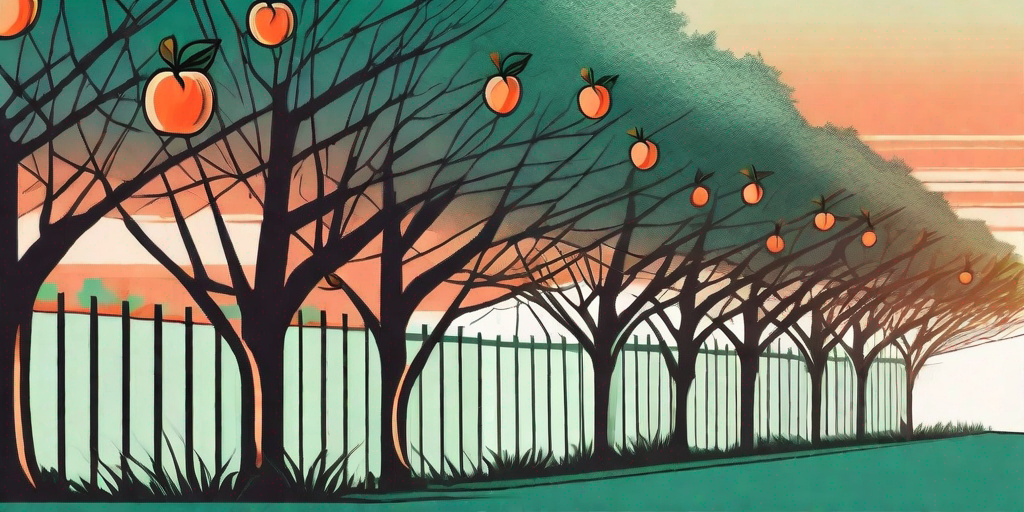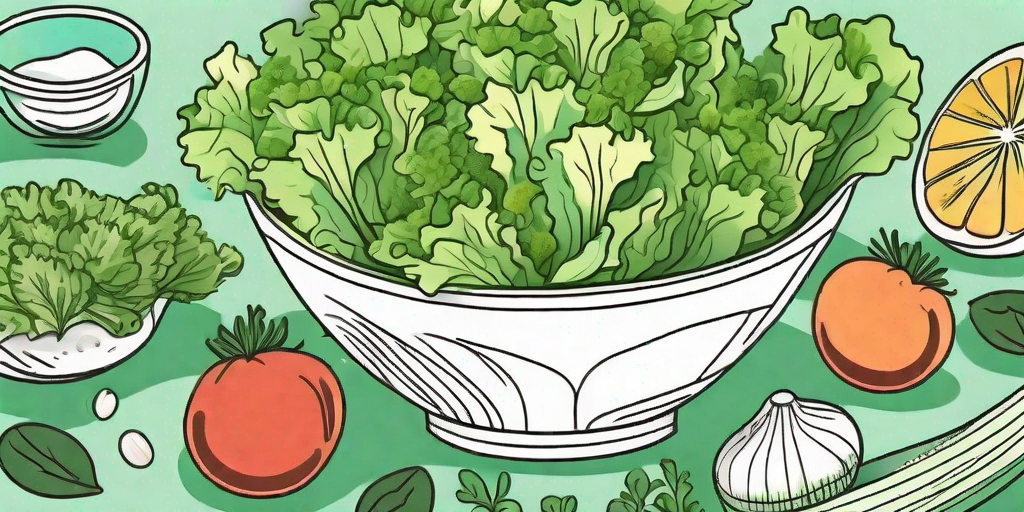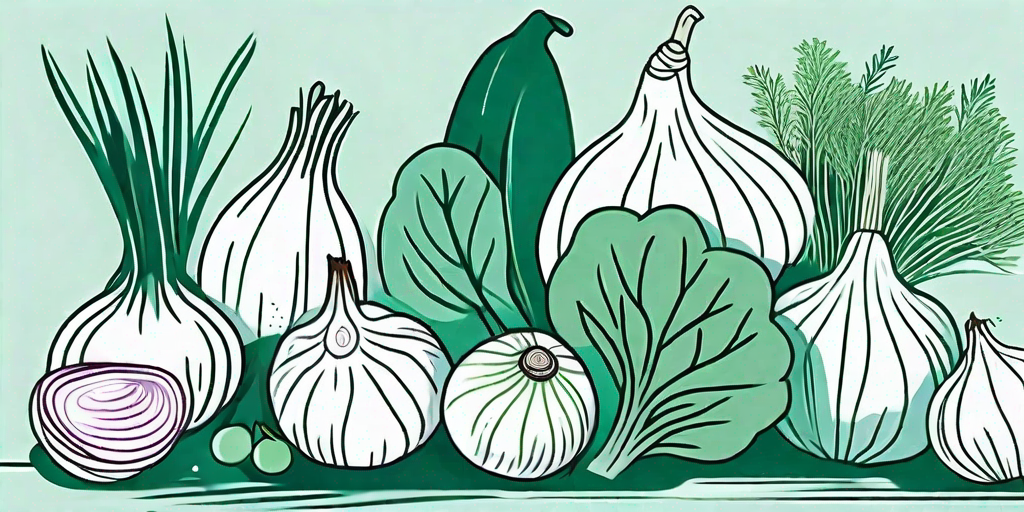
Blackberries, those succulent, sweet, and slightly tart fruits, have a secret. A secret so profound that it could revolutionize your garden. The secret? Fertilizer. Yes, you heard it right. The humble fertilizer is the unsung hero behind those plump, juicy blackberries that make your pies, jams, and smoothies taste like a slice of heaven. But before we spill the beans, let's delve into the fascinating world of blackberries and their cultivation.
The Blackberry: A Brief Introduction
Blackberries, belonging to the Rubus genus, are a favorite among gardeners and fruit lovers alike. They are perennial plants, meaning they grace your garden with their presence year after year. They are also self-fertile, so you don't need to worry about finding them a mate. They're independent like that!
Blackberries grow on thorny bushes, known as brambles. But don't let those thorns intimidate you. They're just the plant's way of saying, "Hey, I'm worth the effort!" And trust us, they are. With the right care and, of course, the best fertilizer, you'll be rewarded with a bounty of juicy blackberries.
Choosing the Right Fertilizer: The Secret to Lush Fruits
Now, let's get down to business. The secret to growing juicy blackberries lies in the fertilizer. But not just any fertilizer. Blackberries require a specific blend of nutrients to thrive.
Blackberries are heavy feeders. They require a well-balanced fertilizer that is high in nitrogen, phosphorus, and potassium. Nitrogen promotes leafy growth, phosphorus aids in root development and fruit production, and potassium enhances overall plant health.
Organic vs. Synthetic Fertilizers
When it comes to fertilizers, you have two choices: organic or synthetic. Organic fertilizers are derived from plant or animal waste or mineral deposits. They are slow-releasing and improve soil structure over time. Synthetic fertilizers, on the other hand, are man-made and provide nutrients quickly. However, they do not improve soil health and can harm beneficial soil organisms if used excessively.
So, which one should you choose? Well, it depends on your gardening philosophy and the needs of your blackberries. If you prefer a slow and steady approach and care about soil health, go for organic. If you want quick results and don't mind the potential downsides, synthetic might be the way to go.
How to Fertilize Your Blackberries
Now that you've chosen your fertilizer, it's time to get your hands dirty. But don't worry, we're here to guide you every step of the way.
Blackberries should be fertilized in early spring, just before new growth begins. Apply the fertilizer according to the package instructions, usually around the base of the plant. Water thoroughly after application to help the fertilizer penetrate the soil.
Step-by-step Guide to Fertilizing Blackberries
- Choose the right fertilizer for your blackberries.
- Apply the fertilizer in early spring, before new growth begins.
- Follow the package instructions for application rates.
- Water thoroughly after application.
- Monitor your blackberries for signs of nutrient deficiencies or excesses.
- Adjust your fertilization routine as necessary.
Common Fertilizer Mistakes to Avoid
While fertilizing your blackberries is crucial, it's also easy to make mistakes. Here are some common pitfalls to avoid.
Over-fertilizing is a common mistake. More is not always better. Too much fertilizer can lead to excessive leafy growth at the expense of fruit production. It can also harm beneficial soil organisms and lead to nutrient runoff.
Under-fertilizing is another common mistake. Blackberries are heavy feeders and require a steady supply of nutrients to produce juicy fruits. If your blackberries are not producing as much fruit as you'd like, it might be time to up your fertilization game.
Frequently Asked Questions
When is the best time to fertilize blackberries?
The best time to fertilize blackberries is in early spring, just before new growth begins.
What type of fertilizer do blackberries need?
Blackberries need a well-balanced fertilizer that is high in nitrogen, phosphorus, and potassium.
Can I use organic fertilizer for my blackberries?
Yes, you can use organic fertilizer for your blackberries. Organic fertilizers are slow-releasing and improve soil structure over time.
Conclusion
There you have it, the secret to growing juicy blackberries. With the right fertilizer and a little TLC, you'll be rewarded with a bounty of lush, juicy fruits. So, go ahead, give your blackberries the nutrient boost they crave. Your taste buds will thank you!











